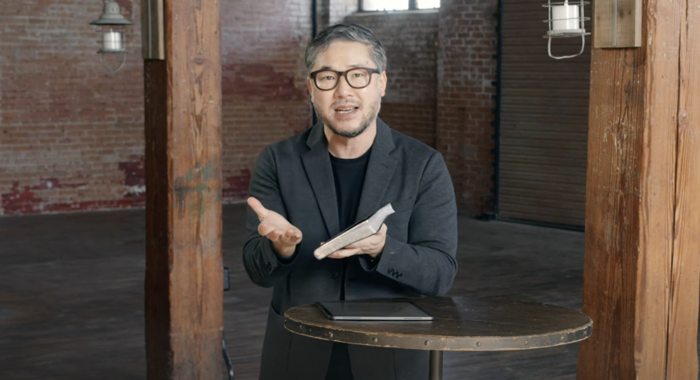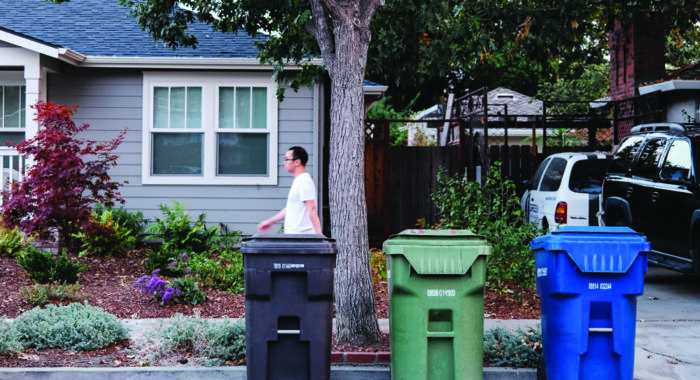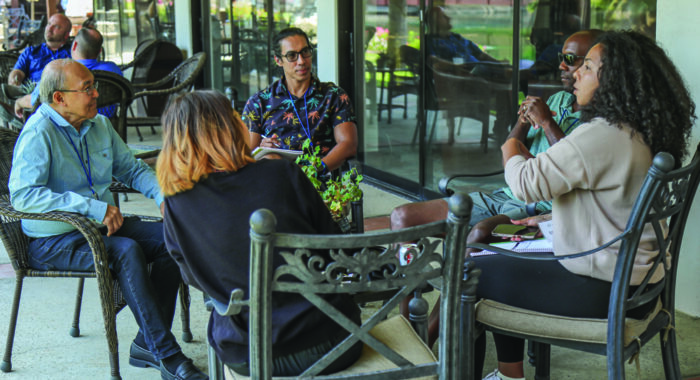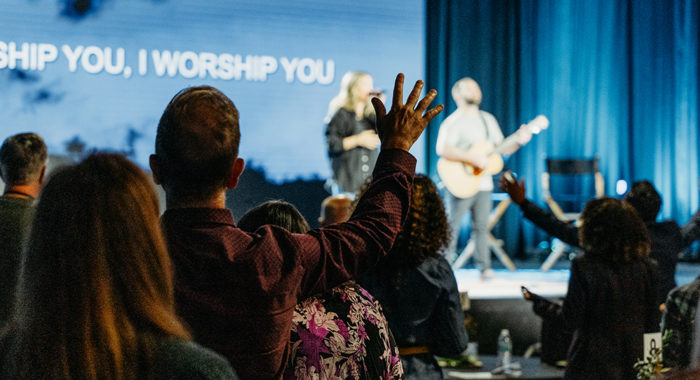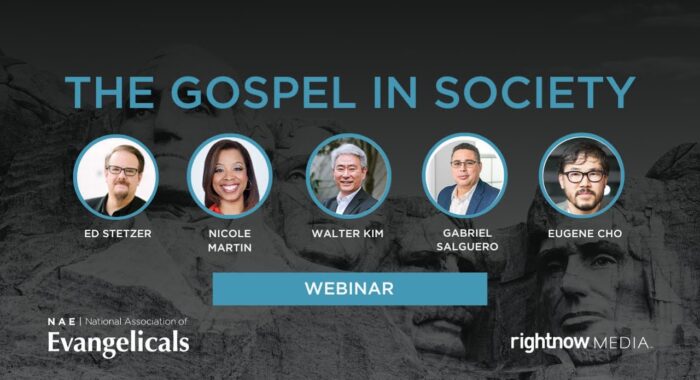“All truth is God’s truth” is probably the most familiar and famous quote from St. Augustine (A.D. 354-430). Those five words express confidence in God, truth, the Bible, science and the ultimate alignment of all inquiry and discovery. Those five words assume that the science from the laboratory and the exegesis from the Scriptures will not contradict one another once we’ve rightly figured them out.
It’s often not so simple in everyday American life. There is a sense that scientists begin with science as truth and then evaluate the Bible based upon scientific presuppositions. And, there is a sense that evangelical Christians begin with the Bible as truth and then evaluate science based upon theological presuppositions. At least this is the way the discussions and debates have interacted in many 20th century classrooms and conversations.
In our 21st century there is a challenge to Augustine, modern science and biblical Christianity. It is an expansive tolerance of conflicting truth claims. It is the “Your truth is your truth” philosophy rather than all truth being God’s truth or even science’s truth. The call to respect others has become a tolerance of the biblical and unbiblical, the scientific and unscientific, the logical and the illogical, the sacred and the profane, the moral and the immoral — all at the same time.
How then shall we live and dialogue with such tolerant relativism? Risking oversimplification, here is a shortlist for fellow evangelicals:
- Know what we believe. As evangelicals, our knowledge begins with God and the Bible.
- Respectfully listen and learn the discoveries and truth claims of others. Don’t fear truth.
- Benefit from the good that has come from science, history, philosophy and other disciplines — including the good that has come from non-Christians. Consider the wonders of modern medicine and other scientific discoveries and innovations as gifts from God.
- Integrate and synthesize biblical teaching and scientific discovery as well as you can but also connect to the broader community of evangelical scholars, scientists and theologians who bring their intellects and faith together to help and bless our thinking.
This article originally appeared in the NAE Insight.
Leith Anderson is president emeritus of the National Association of Evangelicals and pastor emeritus of Wooddale Church in Eden Prairie, Minnesota. He served as NAE president from 2007–2019, after twice serving as interim president. He served as senior pastor of Wooddale Church for 35 years before retiring in 2011. He has been published in many periodicals and has written over 20 books. Anderson has a Doctor of Ministry degree from Fuller Theological Seminary, and is a graduate of Moody Bible Institute, Bradley University and Denver Seminary.




 View All Articles
View All Articles 




















